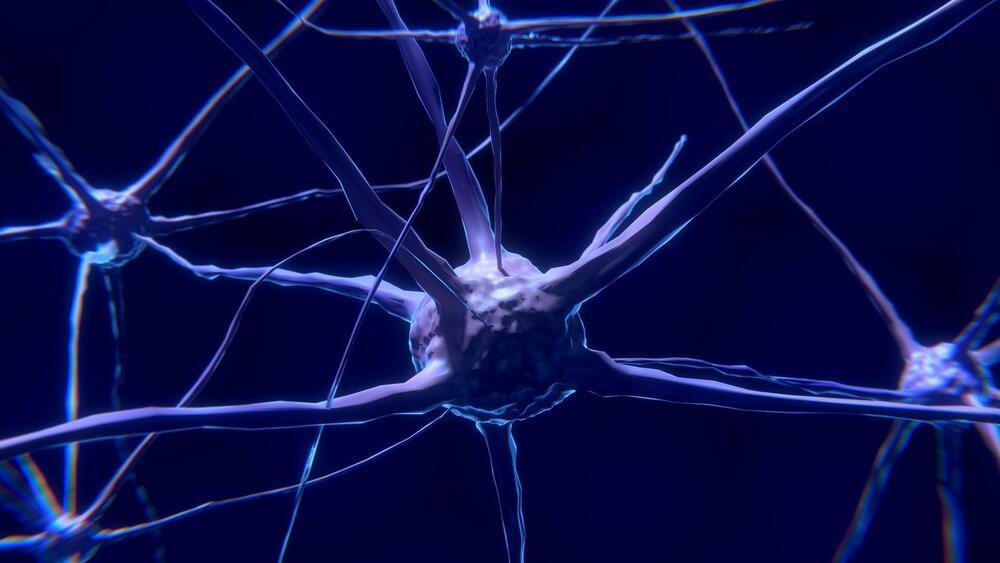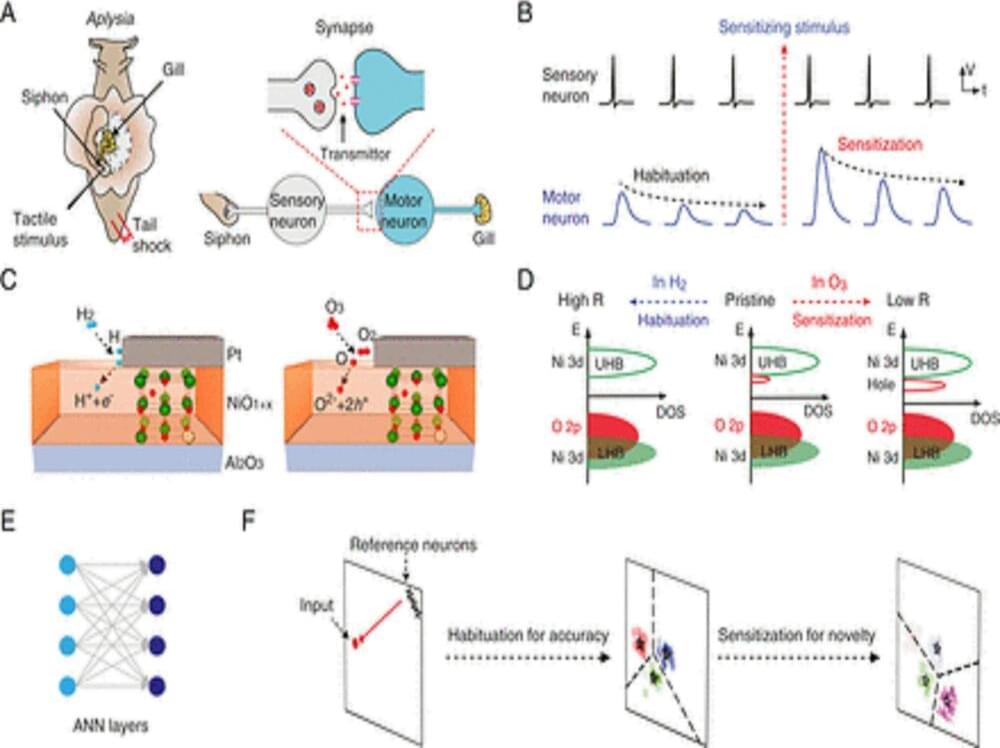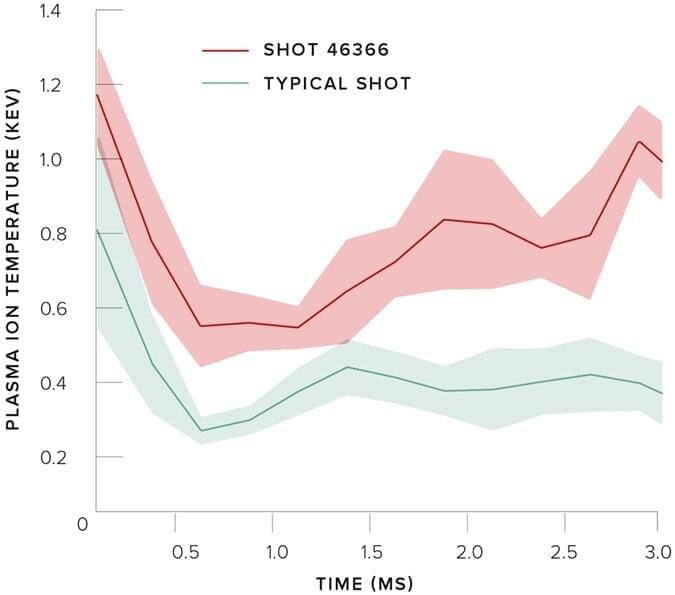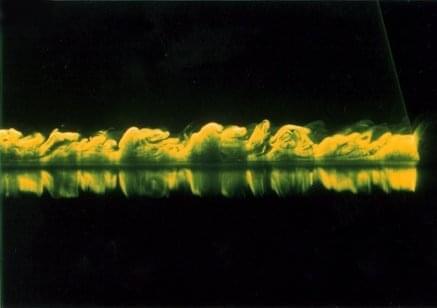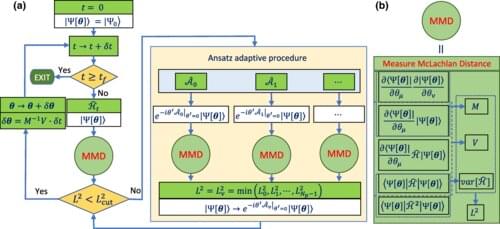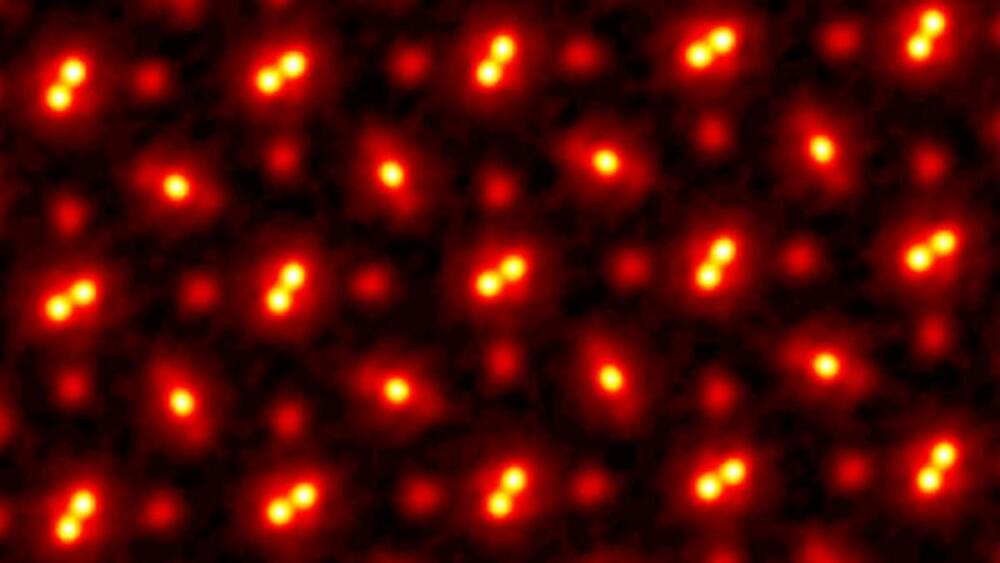China’s Ministry of Industry and Information Technology (MIIT) on Saturday released its second batch of extended goals for promoting the usage of China’s 5G network and the Industrial Internet of Things (IIoT).
IIoT refers to the interconnection between sensors, instruments and other devices to enhance manufacturing efficiency and industrial processes. With a strong focus on machine-to-machine communication, big data and machine learning, the IIoT has been applied across many industrial sectors and applications.
The MIIT announced that the 5G IIoT will be applied in the petrochemical industry, building materials, ports, textiles and home appliances as the 2021 China 5G + Industrial Internet Conference kicked off Saturday in Wuhan, central China’s Hubei Province.

